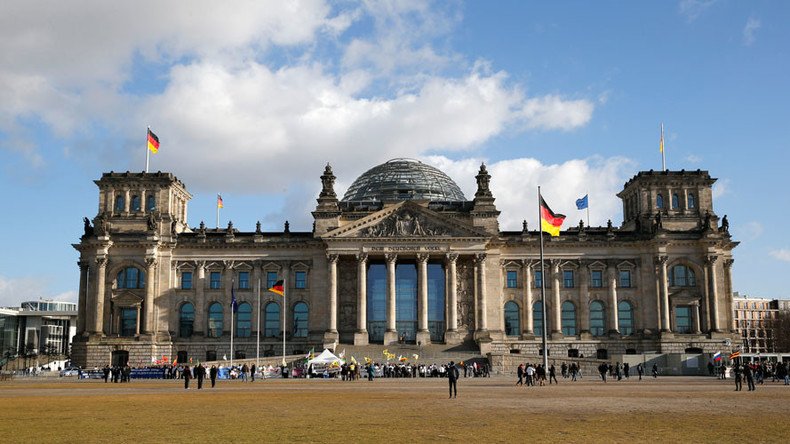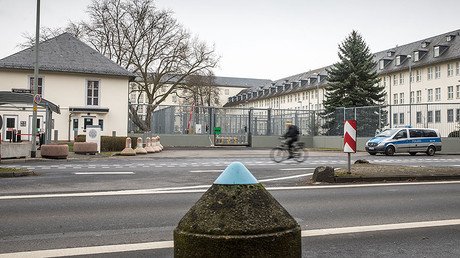Berlin not accusing Moscow of interfering in elections – German FM

Berlin is not accusing Russia of interfering in the electoral process in Germany and the creation of fake news, German Foreign Minister Sigmar Gabriel has told a press conference in Moscow.
When asked by a reporter to comment on German media allegations that Moscow was behind the creation of fake news and alleged interference in the country’s electoral process, Gabriel said the government would not make such claims.
"The German media bear their own responsibility… The federal government does not make such accusations," Gabriel said.
"I’m speaking only for it [the federal government]," he stressed.
“I think you’re right,” Russian Foreign Minister Sergey Lavrov said, making his German counterpart laugh.
Speculation that Russia could allegedly influence foreign elections surfaced last year, with German Chancellor Angela Merkel claiming that Moscow might attempt to affect the 2017 general elections in Germany through cyberattacks.
“We already know that we have to deal with reports from Russia or also with cyberattacks from Russian sources or even with the reports from which we are confronted to some extent with false information,”Merkel said at a joint press conference with Norwegian Prime Minister Erna Solberg in November.
“To deal with this is our daily task and therefore it… will also play a role in the elections,” she added.
Allegations of Russian involvement in the presidential race in America first emerged after the US Democratic National Committee (DNC) emails were published by WikiLeaks in July of last year. Offering no solid proof, the Democrats rushed to accuse the Kremlin of hacking into their computer networks and publishing sensitive information to swing the election in favor of Hillary Clinton’s Republican rival Donald Trump. Clinton also claimed that Moscow had supplied the whistleblower website WikiLeaks with emails hacked from the account of her campaign chair, John Podesta.
Moscow has denied the accusations, calling it "nonsense".
‘No information’ on CIA hacking attacks – Gabriel
Meanwhile, WikiLeaks released thousands of pages of leaked documents on Tuesday, alleging that the CIA actually used the US consulate in Frankfurt as a covert hacking base.
According to the documents, the US consulate hosts the Center for Cyber Intelligence Europe (CCIE), which carries out hacking operations across the continent as well as in the Middle East and Africa.
Regarding the WikiLeaks release, Gabriel said that any attempts to interfere in the country's communication systems, whoever they come from, are being taken “very seriously.”
The foreign minister, however, stated that Germany has no data about the CIA hackers’ alleged activities in the country.
“As for the alleged CIA hacking attempts, we do not have such information,” he said.
A German Foreign Ministry spokesman told Reuters on Wednesday that the authenticity of the documents, described as the biggest ever leak of confidential documents from the CIA, was still to be verified, and that Berlin would be in touch with Washington on the issue.
“We will initiate an investigation if we see evidence of concrete criminal acts or specific perpetrators. We’re looking at it very carefully,” a spokesman for Germany’s Federal Prosecutor’s Office said, Reuters reported.
It’s not the first time that WikiLeaks has revealed the extent and scope of US intelligence agencies’ activities in Germany.
In 2015, the whistleblowing group published three intercepts of conversations held by German Chancellor Angela Merkel recorded by the NSA, which had been apparently bugging her phones for years.














